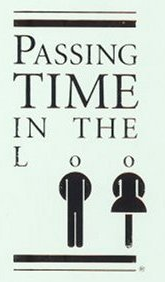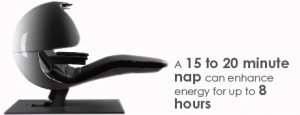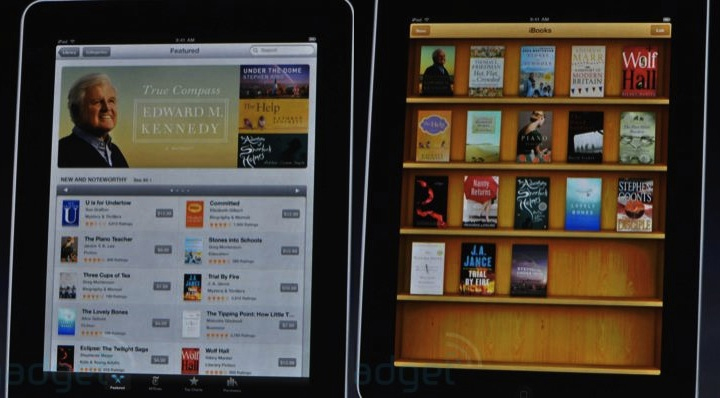Actress Kara Tointon presents a documentary (Kara Tointon: Don’t Call Me Stupid) about dyslexia and meets other dyslexics whose moving stories reveal the impact it can have on young lives without the right support. Interesting story and they offer her a simple solution of wearing coloured glasses for reading which help.
Concentration point for dyslexics – it helps with reading
There are many other ways to help this spectrum of difficulties with reading – for example a concentration point that seems to help with concentration when reading. This point was originally discovered by John Duns Scotus, a 13th century Franciscan monk and philosopher. He developed the ‘duns cap’ which was worn by children who needed something to help them focus. Later a ‘dunce’s cap’ was used to stigmatise ‘stupid’ children. The concentration point was a key feature of the system developed by Ron Davis (see his book ‘The Gift of Dyslexia’) to help children with dyslexia to read. Focusing on the point of concentration can also open your peripheral vision.
This is how to do it: the point of concentration is about 30 cms above and slightly behind your head (the point of a wizard’s hat).
• touch the top of your head and move your hand back to the concentration point – get a sense of the space, and keep your attention on the point when you take your hand away
• imagine an orange, a melon, a balloon on that point
• focus on your left foot, right knee, left hip, right palm, left elbow, right shoulder – and then the concentration point
Once you have focused on the point, relax and focus on the reading material (you do not have to keep your attention on the point).
http://www.youtube.com/watch?v=9DQFbQWyOdw
Test for dyslexia – if you can read this – you probably don’t have dyslexia (or certain type of dyslexia).
WEIRD: How cmoe yuor bairn is albe to undnertsnad tihs snetence eevn tghouh olny the frist and lsat ltetres of ecah wrod are crreoct? Aoccdrnig to rscheearch at Cmabrigde Uinervtisy, it deosn’t mttaer in waht oredr the ltteers in a wrod are, the olny iprmoetnt tihng is taht the frist and lsat ltteer be at the rghit pclae. The rset can be a total mses and you can sitll raed it wouthit porbelm. Tihs is bcuseae the huamn mnid deos not raed ervey lteter by istlef, But the wrod as a wlohe. And you touhhgt taht sepllnig was iprmoetnt!





